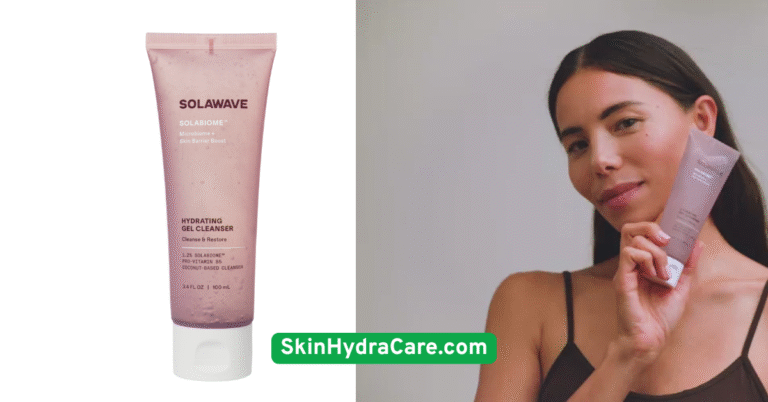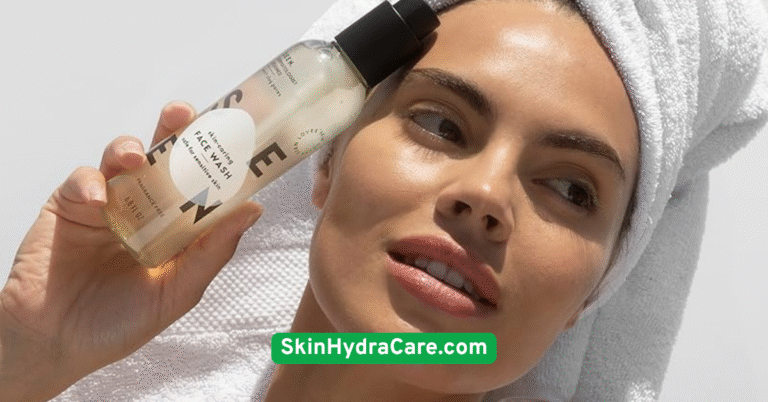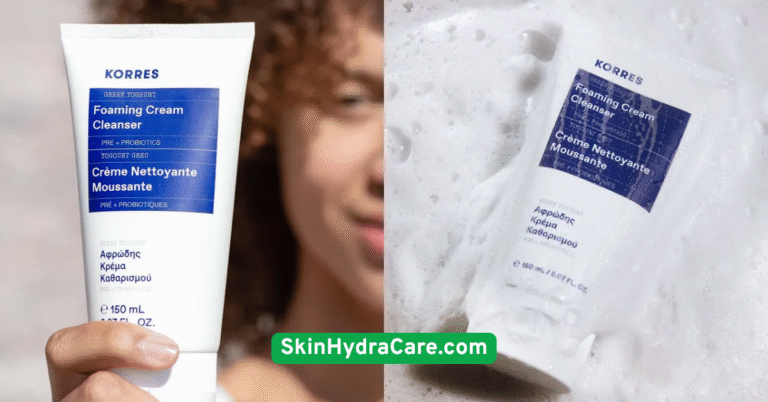10 Barrier-Repairing Skincare Tips to Soothe Sensitivity
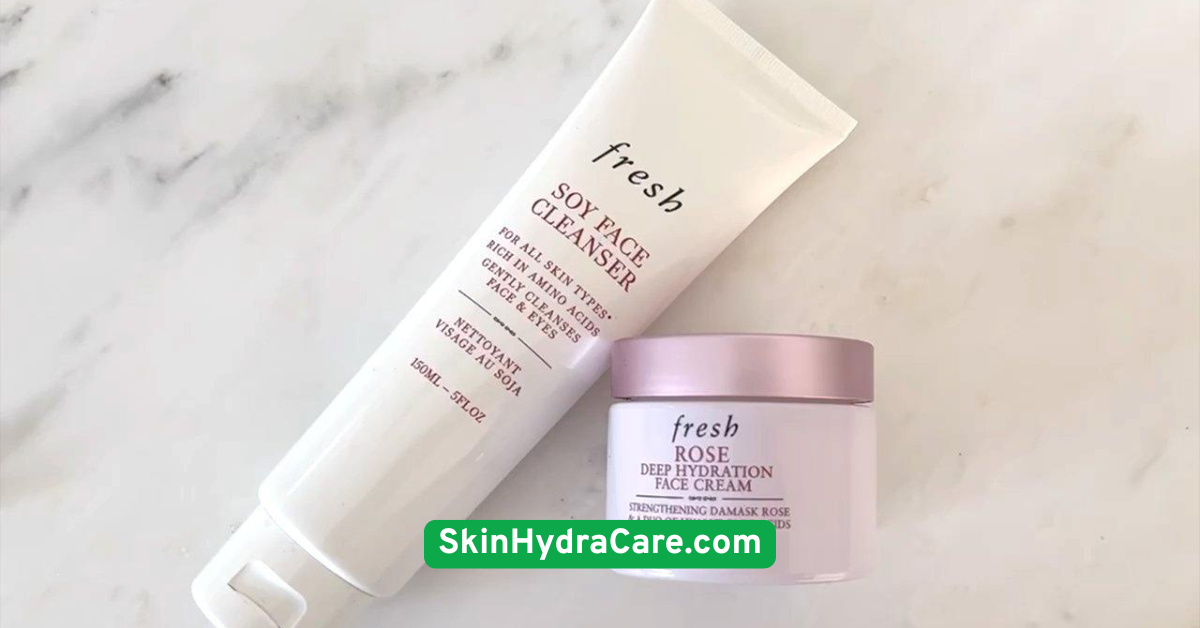
1. Use a pH-Balanced Cleanser
When your skin is sensitive, even washing your face can feel like a battle. The key? Stick to a pH-balanced cleanser that mimics your skin’s natural acidity. Healthy skin has a pH of around 4.5 to 5.5. Using products outside that range — especially alkaline cleansers — can strip away natural oils, disturb the microbiome, and worsen inflammation.Look for gentle formulas free from sulfates, alcohol, or artificial fragrance. Cream and gel-based cleansers with ingredients like glycerin, ceramides, and panthenol are great for preserving the skin barrier while removing dirt and buildup. Try to cleanse only twice a day — once in the morning and once at night — and avoid hot water, which can be irritating.A balanced cleanser may not seem like a big deal, but it’s the foundation for everything else in your routine. Get this step right, and your skin will thank you.

2. Avoid Over-Cleansing
More isn’t always better — and that’s especially true when it comes to cleaning your face. Over-cleansing can disrupt your skin’s moisture barrier, leading to dryness, tightness, and that uncomfortable stinging feeling. If you’ve ever felt your skin squeak after washing, that’s a red flag.Skip the double cleanse unless you’re removing heavy makeup or sunscreen. For many with sensitive or dry skin, a single gentle cleanse at night is more than enough. In the morning, a splash of lukewarm water (or a swipe of micellar water) might be all your skin needs.Remember: your skin isn’t dirty — it’s just delicate. Handle it like fine silk, not like a greasy pan.
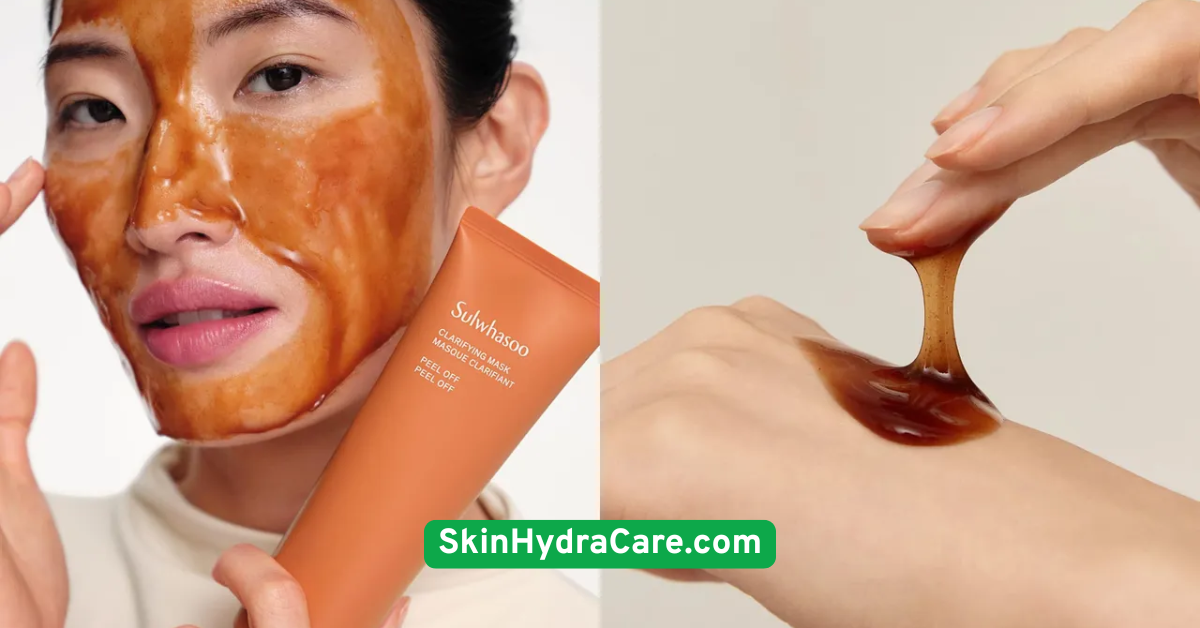
3. Incorporate Ceramides into Your Routine
If your skin barrier is damaged, ceramides are your best friend. These fatty acids naturally occur in the skin and make up over 50% of its composition. When your skin barrier is weak, it’s likely missing ceramides — so replenishing them can dramatically improve your skin’s resilience.You’ll find ceramides in moisturizers, serums, and even some cleansers. Pair them with ingredients like cholesterol and fatty acids for a complete barrier-repair cocktail. These trio components help “mortar” your skin cells back together, restoring strength and moisture retention.Look for labels that say “ceramide complex” or “contains ceramide NP, EOP, and AP.” Don’t be afraid to slather it on — your barrier will drink it up.

4. Embrace the Power of Niacinamide
Niacinamide — also known as vitamin B3 — is a skin barrier superhero. Not only does it improve skin elasticity and brightness, but it also helps reduce redness, minimize pore appearance, and improve hydration. It’s a well-rounded, gentle ingredient that’s perfect for sensitive skin.Stick with lower concentrations — 2% to 5% is ideal. Higher doses (10% or more) might be too potent if your skin is already reactive. Niacinamide pairs beautifully with ceramides, hyaluronic acid, and zinc to calm inflammation and strengthen the barrier.Bonus: it’s affordable and found in many drugstore serums and creams. This is a true multitasker you don’t want to skip.

5. Moisturize Like You Mean It
This step is non-negotiable. Moisturizing creates a protective layer on your skin that locks in hydration and keeps irritants out. Without it, your barrier can’t rebuild effectively.Look for moisturizers that include a mix of humectants (like hyaluronic acid and glycerin), emollients (like squalane and shea butter), and occlusives (like petrolatum or dimethicone). This trio helps attract, retain, and seal in moisture.Use your moisturizer morning and night, and don’t be shy with the amount. For very dry or reactive skin, a balm-like texture works wonders overnight. Consider applying to slightly damp skin for better absorption.
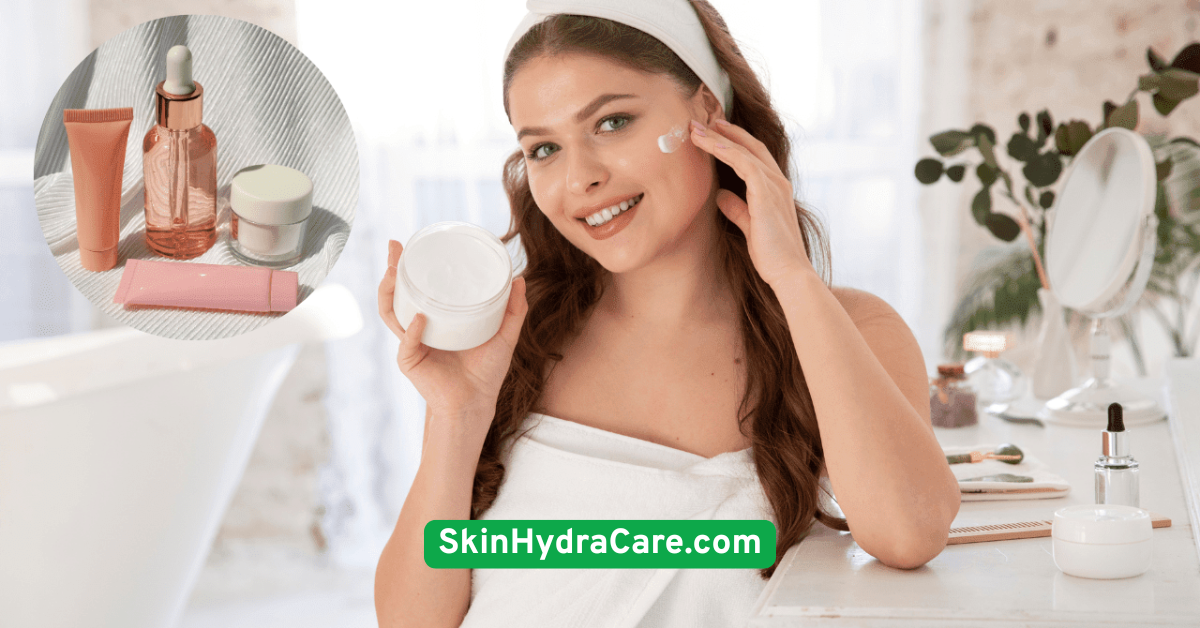
6. Protect Your Skin from UV Damage
The sun may feel good, but it’s one of the biggest culprits behind barrier damage. UV radiation weakens the skin’s defenses, accelerates aging, and worsens inflammation. Even if you’re inside all day or it’s cloudy outside, sunscreen is a must.Choose mineral (physical) sunscreens containing zinc oxide or titanium dioxide — they’re less irritating for sensitive skin. Look for formulations labeled “non-comedogenic,” “fragrance-free,” or “designed for sensitive skin.”Apply at least a nickel-sized amount to your face every morning, and reapply every two hours if you’re exposed to sun. Your barrier will be stronger and more even-toned in the long run.

7. Ditch Harsh Actives Temporarily
When your skin is compromised, it’s time to pause on intense treatments like retinoids, AHAs, BHAs, and vitamin C serums. These actives can be incredibly effective, but they’re also known to cause peeling, dryness, and sensitivity — especially on already inflamed skin.Instead, go back to basics: cleanse, moisturize, and protect. Give your skin 2–4 weeks to recover before slowly reintroducing actives, one at a time. Start with low concentrations and use them only a few times a week at night. Always sandwich strong actives between hydrating layers to reduce irritation.Healing isn’t linear — be patient, and listen to what your skin is telling you.
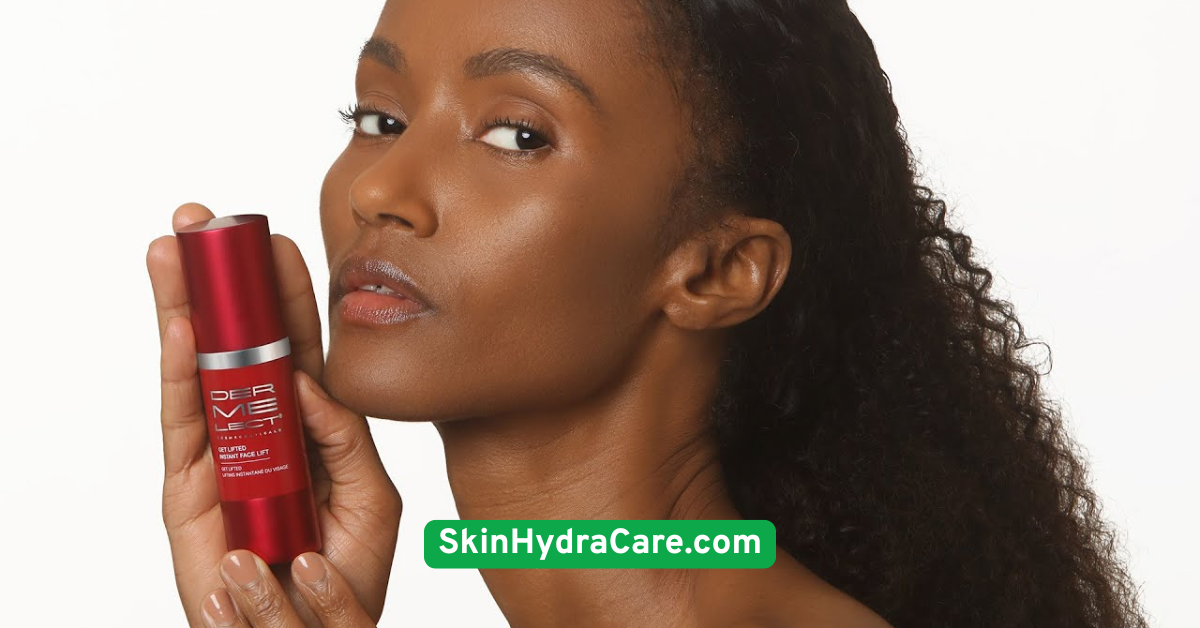
8. Use Minimalist Skincare
A cluttered routine might be doing more harm than good. Sensitive skin thrives on simplicity. The more products you use, the higher the chance for irritation. So, strip it back.Aim for a routine with no more than 4–5 products: a gentle cleanser, hydrating toner or essence (optional), soothing serum, rich moisturizer, and sunscreen. Choose products with short ingredient lists and avoid anything with alcohol, artificial fragrance, or essential oils.Less really is more here. Your skin will respond better to a few well-formulated products than a dozen mismatched ones.
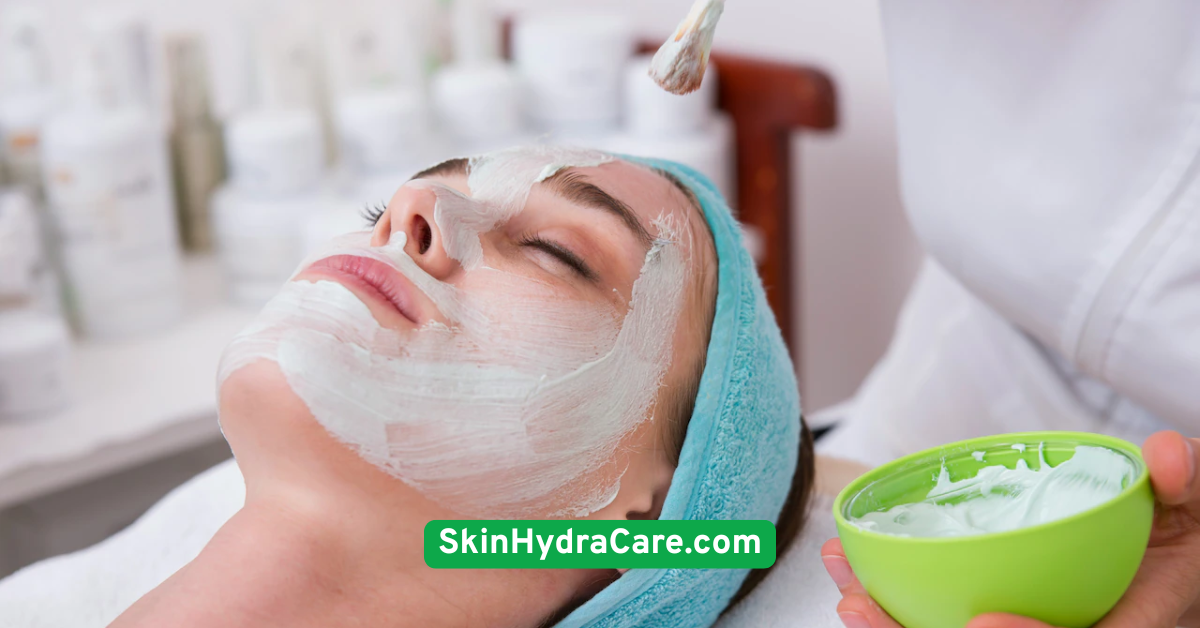
9. Try Barrier-Boosting Face Masks
Sometimes your skin needs a little extra TLC — and that’s where calming masks come in. Look for masks that hydrate, reduce redness, and help restore barrier function. Ingredients like colloidal oatmeal, honey, allantoin, and panthenol are all soothing superstars.Use a calming mask 2–3 times a week to deliver concentrated hydration and repair. Skip peel-off masks or anything labeled as “detoxifying” — these often contain clays or exfoliants that can strip the skin further.Pro tip: refrigerate your mask before applying for an extra cooling, anti-inflammatory effect. It feels like a mini spa day at home.
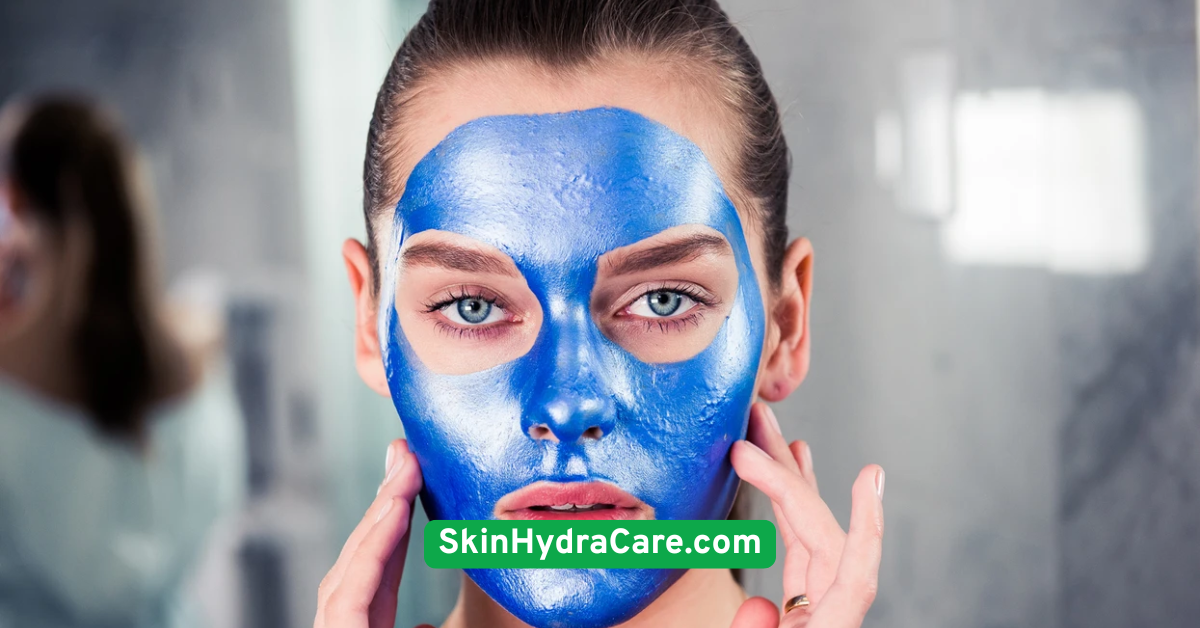
10. Stay Hydrated Inside and Out
Hydration isn’t just about what you put on your skin — it also comes from within. Drinking plenty of water throughout the day helps your body and skin function properly, flushes out toxins, and supports overall healing.Topically, spritz your skin with a hydrating mist (without alcohol) during the day, especially if you work in a dry or air-conditioned environment. Follow it with a lightweight serum or cream to seal in that moisture.Hydrated skin is happy skin — and hydration supports a healthy, resilient skin barrier from the inside out.

Conclusion
Soothing sensitive skin isn’t about fancy products or long routines — it’s about nourishing your skin gently and consistently. These 10 barrier-repairing tips offer a simple yet powerful approach to restoring your skin’s natural defenses and calming down inflammation.Remember, your skin has a remarkable ability to heal when given the right care. Focus on hydration, protection, and ingredients that rebuild rather than strip away. With time and love, your skin will glow with comfort, resilience, and confidence.
